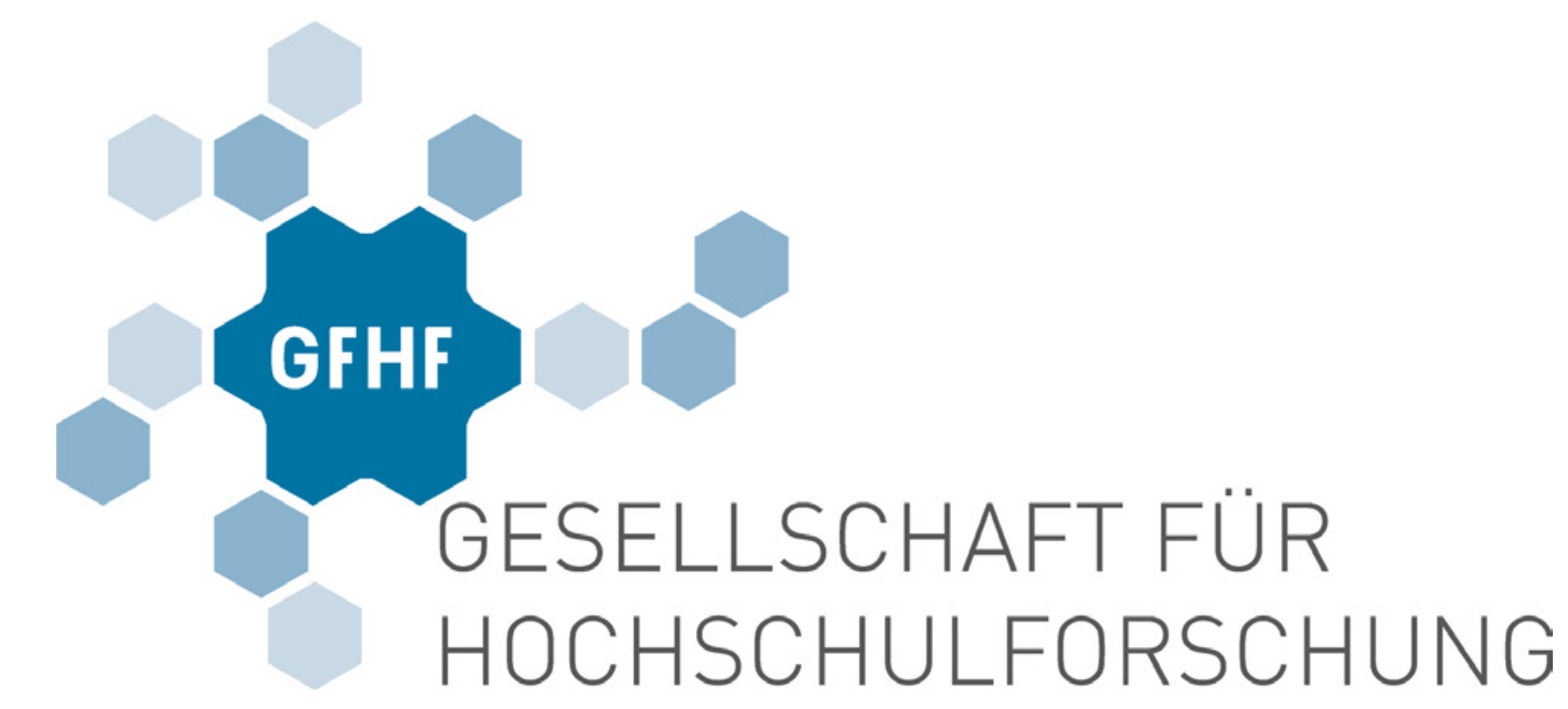Katrin Klieme
Universität Bremen, Deutschland
Enhancing students’ research competencies is a self-evident aspect of academic education (following the notion “Education through Science”, KMK, 2005) and fulfills the “practical” and “scientific” requirements to academic education. In this regard, the teaching-research nexus has been strengthened, e.g. by fostering research-based learning (RBL) (Huber, 2014). Here, person factors might play a greater role because students are actively involved and self-directed in their learning process. Additionally, with regards to person-centered demands of successful academic education, considering psychological dimensions of desirable educational outcomes and influential variables can be an asset. One such factor is research self-efficacy, which can be defined as students’ perceived confidence in successfully performing tasks related to research (Forester, Kahn, & Hesson-McInnis, 2004). The relation that research self-efficacy holds to other constructs relevant in scientific education (e.g. research interest, attitudes, and professionalism on individual level, and research training environment on instructional and program level) seems to be complex and in some cases mutually interdependent (e.g. Kerrigan & Hayes, 2016, Lambie & Vaccaro, 2010). For example, Chumwichan and Siriparp (2016) found research self-efficacy to mediate the effect of research training factors on students’ research interest and interest in academic careers.
Valid measures of this construct are a prerequisite for a thorough and meaningful investigation, but are missing in German for students on Bachelor and Master level. Thus, a respective German instrument was developed for students in the empirical social sciences. The theoretical structure of the instrument comprises four sub-factors that load on a general research self-efficacy factor, namely self-efficacy in (1) data analysis, (2) research integration (e.g. research question development based on literature), (3) data collection, and (4) technical writing. Thus, the instruments allows for the assessment of self-efficacy in specific research aspects and of general self-efficacy development and can be used to evaluate different instructional designs (e.g. RBL), as well as in individual courses.
Data collection of approximately 400 students in different social science programs throughout German universities is currently under way and will be completed in January 2020. In addition to psychometric properties and factorial validity, relations of research self-efficacy to academic self-concept, research attitudes, and personality dimensions will be explored through factor analyses and structural equation modeling. First results will be presented in the talk, focusing on the design, validity, and usefulness of the new instrument.
Finally, possible relevant antecedents of research self-efficacy on individual and instructional level will be discussed alongside implications for higher education practice, for example in the context of RBL. Additionally, preliminary results indicate that the complexity and factor structure of research self-efficacy differentiates with training. Knowledge about a construct structure that is contingent on training level could be conducive to a research methods education that is sensitive to students’ needs, receptiveness and “zone of proximate development” on course and curriculum level.
Video
Themenbereiche
- Englisch
Autoren
Downloads
- Für diesen Beitrag sind keine zusätzlichen Anhänge verfügbar
Slot
- T1 Vorträge 2 (11∶45 13∶00)
Teilen Sie diesen Beitrag
![]()


Ein sehr relevantes Thema. Ich würde eine solche Skala gerne bei den Studierenden vor und nach meinem Forschungsmethodenseminar einsetzen. Besteht die Chance, dass eine erste Version der Skala vielleicht schon im Wintersemester vorliegt?
Liebe Frau Bauer,
gerne können Sie im WiSe20/21 die Skala nutzen. Diese wird dann 19 Items umfassen. Da ich hier Ihre E-Mail nicht finde, schicken Sie mir doch eine und dann schicke ich Ihnen die aktuelle Skala und die Labels zu.
Viele Grüße und herzlichen Dank für Ihr Interesse,
Katrin Klieme
Klieme@uni-Bremen.de
Vielen Dank für die sehr interessante Brücke zwischen psychologischer und hochschuldidaktischer Forschung.
Danke für Ihr Interesse!